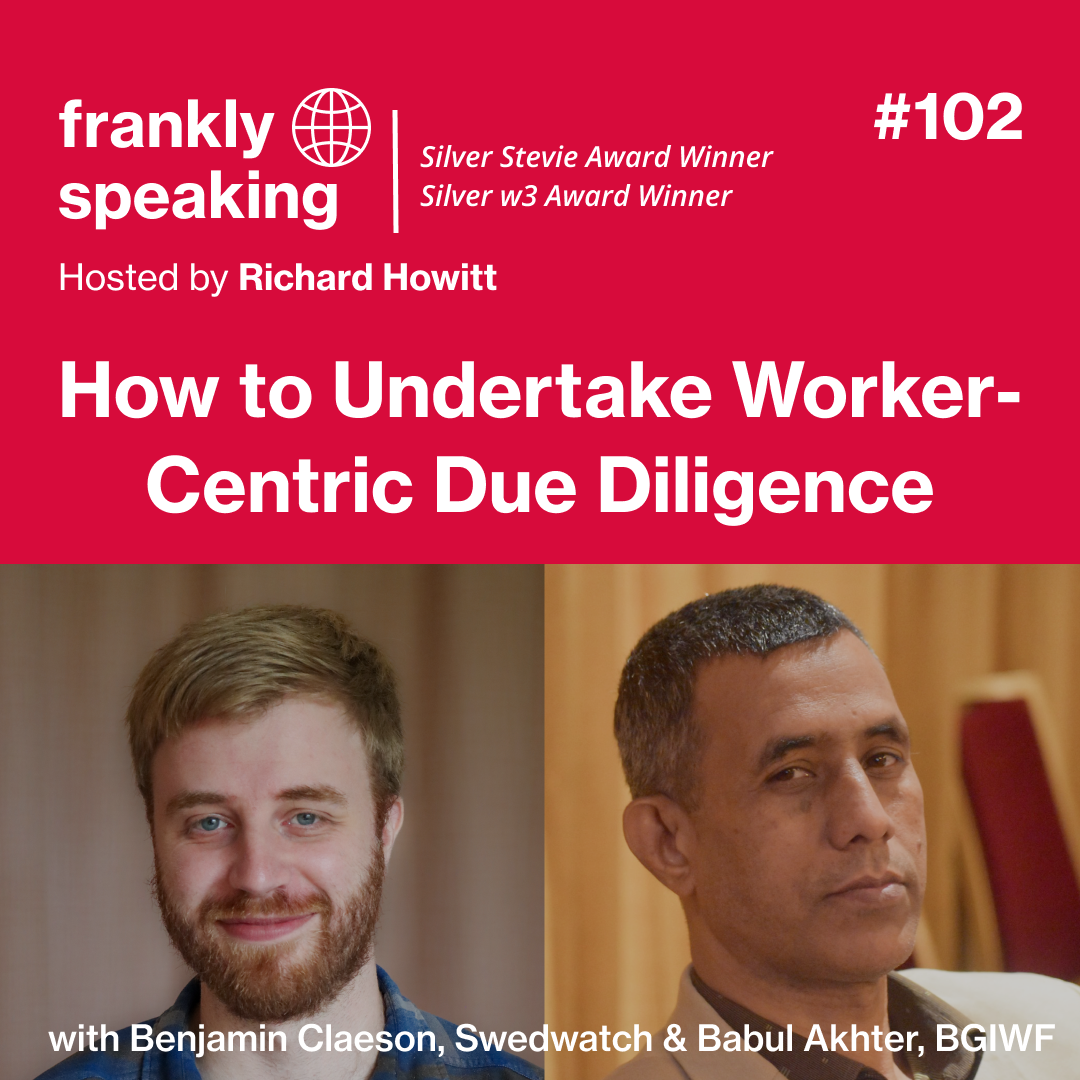Listen to Antonie Fountain, managing director of the Voice Network

Many of us know that dependence of developing countries on raw commodities leaves them vulnerable to price volatility and sees profit made in countries where the commodity is imported and then processed, rather than where it is produced. It's often farmers in those developing countries who are at the end of the line. That problem has been specifically highlighted in the cocoa sector this year.
To discuss what's happening here, our guest is Antonie Fountain, managing director of the Voice Network, watchdog and catalyst for a reformed cocoa sector. Antonie is also the co-author of the Cocoa Barometer, the biennial review of sustainability in Cocoa.
In this episode, you’ll hear more about:
“The broader environment of these four regulations (CSDDD, Green Claims, EUDR, and CSRD) plus one on forced labour, will actually be a sea change to say that companies are going to have to be more honest about the problems in their supply chain and a lot more transparent about what they're doing. Not just about how much money they're spending but about whether what they're doing is actually working. That's going to be a major solution to a lot of the structural and long-term challenges that we face.”

.png)

How can we make sustainability governance deliver?


How can worker-centric models of due diligence help to better protect workers and communities worldwide from human rights abuses?
.png)

How did the ESRS simplification process look like from the inside? Listen to Patrick de Cambourg, outgoing chair of EFRAG